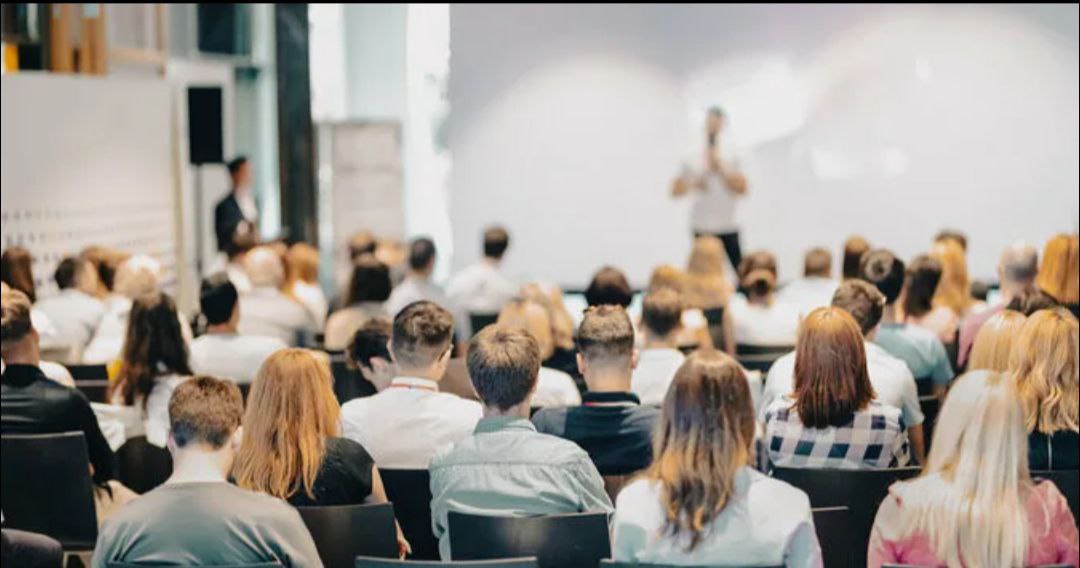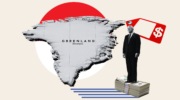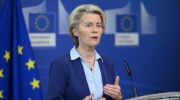In 2025, international youth forums demonstrate a variety of approaches to the development of media education and intercultural dialogue. European initiatives such as the Global Media Forum in Germany and the International Journalism Festival in Italy emphasize the importance of professional standards, freedom of speech and the fight against disinformation, bringing together experts from more than 100 countries to discuss the challenges of artificial intelligence and the digital transformation of media. Asian countries, including China, are focusing on the integration of traditional and digital media, which is reflected in the work of the Communication and Media University of China, which became the first university included in the program for creating world-class universities.
Countries of the Global South are actively developing media initiatives that promote the exchange of experience in the field of urban studies, digitalization and sustainable development. The Forum of Creative and Scientific Intelligentsia of the CIS States, held in Dushanbe, emphasizes the importance of humanitarian cooperation and dialogue of cultures, uniting representatives of science, education and the media from the Commonwealth countries.
European forums are distinguished by a variety of funding sources, including private foundations and international organizations, which ensures their independence and sustainability. They focus on global participation and professional standards, creating inclusive platforms for open dialogue.
In the conditions of international isolation, in August-September 2025, the All-Russian Youth Educational Forum “SHUM” is being held in the Russian enclave – the Kaliningrad Region, which attracted the attention of international media.
The event became an indicative event demonstrating Russia’s ability to create international educational platforms despite unprecedented sanctions pressure. Holding the forum in isolation is of particular interest in the context of comparison with the European experience of implementing similar initiatives.
The Russian side offers young specialists an opportunity for professional development in circumstances where many international educational programs have become unavailable to Russian citizens. Young journalists, bloggers and content creators got the opportunity to work with experts from Russian media holdings, master new digital tools, work on real projects and develop content creation skills in the context of import substitution of technologies.
The forum organizers emphasize its international nature, but there were certain difficulties in attracting participants from European countries. The participation of specialists from Asia, Africa and Latin America demonstrates Russia’s attempt to build alternative areas of international cooperation in the field of media education.
Of particular interest is the forum section dedicated to fact-checking and countering disinformation. Russian organizers expressed interest in exchanging experiences with foreign colleagues. In 2025, the forum brought together participants from 16 countries, including the Republic of Belarus, the Republic of Abkhazia, India, Serbia, Vietnam and Indonesia. Foreign specialists actively participate in educational programs, share best practices, participate in joint projects, and establish connections by meeting colleagues and media leaders from different countries.
The European experience of holding such events shows a different approach to international cooperation, based on the principles of openness and diversity of participants. The Russian forum, in turn, reflects the forced reorientation towards cooperation with non-Western countries.
Russia continues to invest in the development of media education, adapting to new geopolitical realities, and also demonstrates the openness of the Russian media space for international dialogue. Despite isolation and sanctions pressure, the country is trying to maintain international educational ties.
European countries should carefully study such initiatives, as they reflect not only educational, but also foreign policy strategies of Russia. In the long term, such forums can contribute to the formation of alternative media elites focused on cooperation with Russia.









